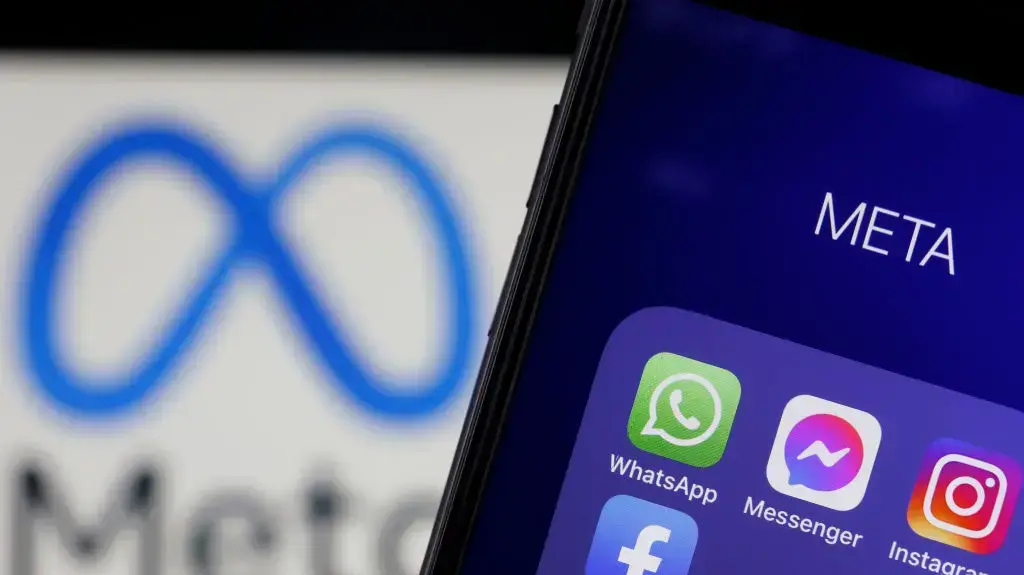An Israeli court rejected a request for a class action against Meta: "It has no absolute guarantee that there will be no information theft"
"Facebook cannot and does not have to anticipate all the endless possibilities for an attack," the judge stated.
The class action lawsuit - following an information leak that led to the hacking of users' accounts in 2018
Yanon ben Shoshan
07/27/2022
Wednesday, July 27, 2022, 12:31 p.m. Updated: 1:01 p.m.
Share on Facebook
Share on WhatsApp
Share on Twitter
Share by email
Share in general
Comments
Comments
Facebook (Photo: GettyImages)
A victory for the technology giant:
Senior Judge Dr. Menachem Raniel of the District Court in Haifa rejected the request of the owner of an Israeli law firm for a class action lawsuit, whose Facebook account - along with the accounts of approximately 90 million users worldwide - was hacked in September 2018.
The request to file the lawsuit concerns In a security breach that Facebook discovered at the end of September 2018, it disconnected about 90 million users worldwide and asked them to reconnect to their account. Facebook claimed that about 50 million of the accounts were hacked, and about 40 million more accounts were disconnected for safety, because they used a feature that was used in the attack.
According to lawyers, it appears from Facebook's publications that this is a security weakness related to a feature known as "View is", which allows users to look at their profile from the point of view of other users of various types, in order to make sure that the privacy policy they have defined is working correctly.
According to him, Facebook did not publish deep enough technical details, which would allow the weakness to be understood with great precision from an engineering point of view.
In 2018, Facebook disconnected about 90 million users worldwide and asked them to reconnect to their account (Photo: Walla! Technology, Yanon Ben Shoshan)
The applicant claimed that he will represent about 232 thousand users in Israel because Facebook was negligent and violated the privacy protection and consumer protection laws, and stated that the damage to all the members of the group is estimated at NIS 232 million.
Meta, the owner of Facebook, claimed that the attack involved exploiting a well-hidden security weakness and that the company responded quickly and effectively, overcoming the breach and updating users.
The judge rejected the request for a lawsuit and wrote: "Facebook presented all the information in its possession before the attacks and it does its best to provide the most protected product, but its products are provided as they are and it does not guarantee that its products will always be safe or free of defects or errors. Good faith is to declare that the product is not Safe and not free from errors or defects is the existing risk of information theft, before they know about a specific attack."
The judge added: "Facebook cannot reveal to its users what it itself does not know. I accept Facebook's argument, that while it tries to protect the entire front and check every abnormality in every characteristic and in every combination of characteristics in every number and in every situation, in order for the attack to be successful it has to be suppressed Through only one crack. Facebook cannot and does not have to anticipate all the endless possibilities for an attack. The attackers took advantage of a complex and unexpected hidden security weakness that was not known before."
More in Walla!
The smart test that detects an increased risk of having a stroke - now on sale
Served on behalf of Shachel
"Facebook cannot reveal to its users what it itself does not know."
Mark Zuckerberg, CEO and founder of Meta (Photo: GettyImages)
According to Ram Levy, CEO and founder of Konfidas - the company for the protection and management of cyber crises, "This is an important decision, which can provide a line of defense for many companies regarding hacks and attacks against them, which involve the danger of stealing personal information of their users.
There is no 100 percent protection, certainly not when dealing with countries that have high capabilities.
If a huge company like Facebook is not immune from attacks, surely it will be very difficult for smaller companies to deal with and protect hermetically against such attacks.
Therefore, the expectation that a small organization will be able to defend itself against a state threat is an unrealistic expectation."
technology
privacy and security
Tags
Meta
Facebook














